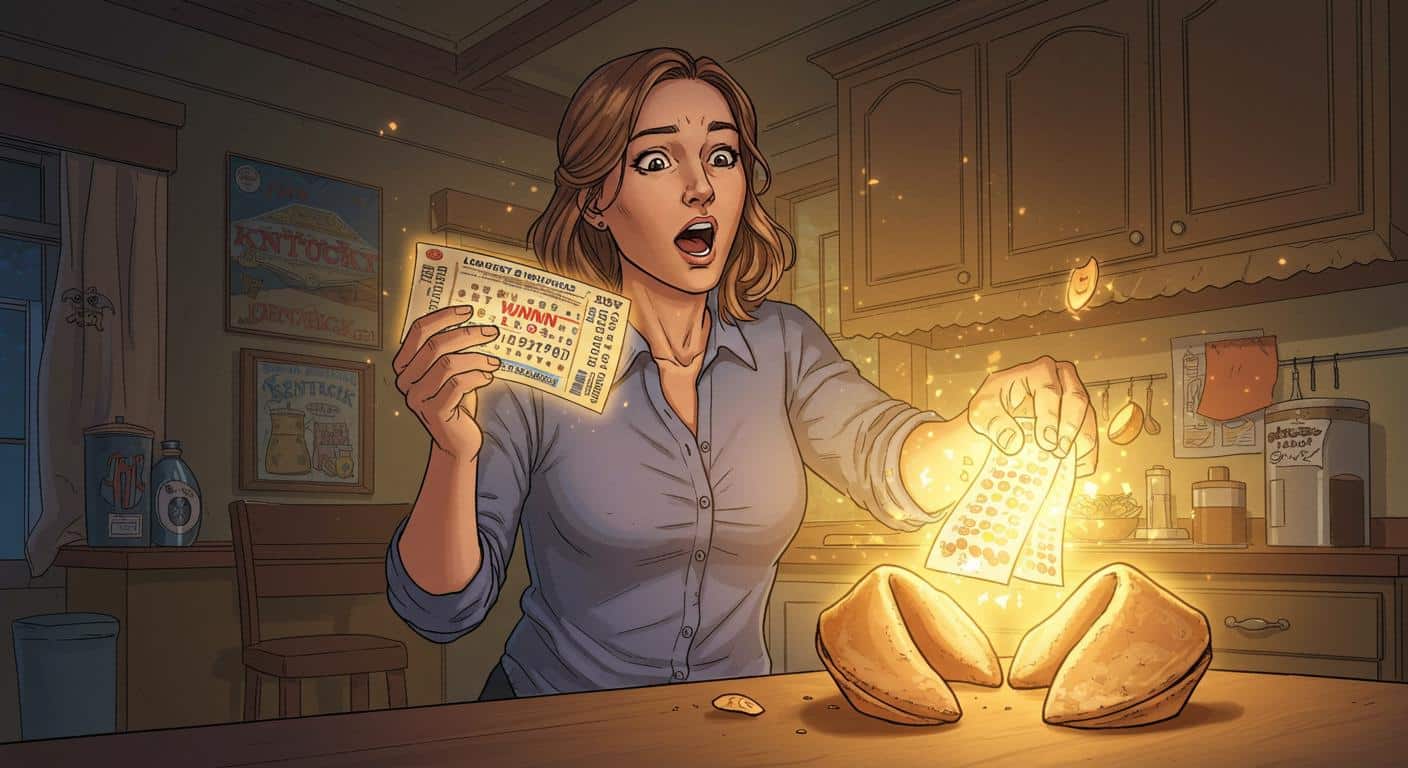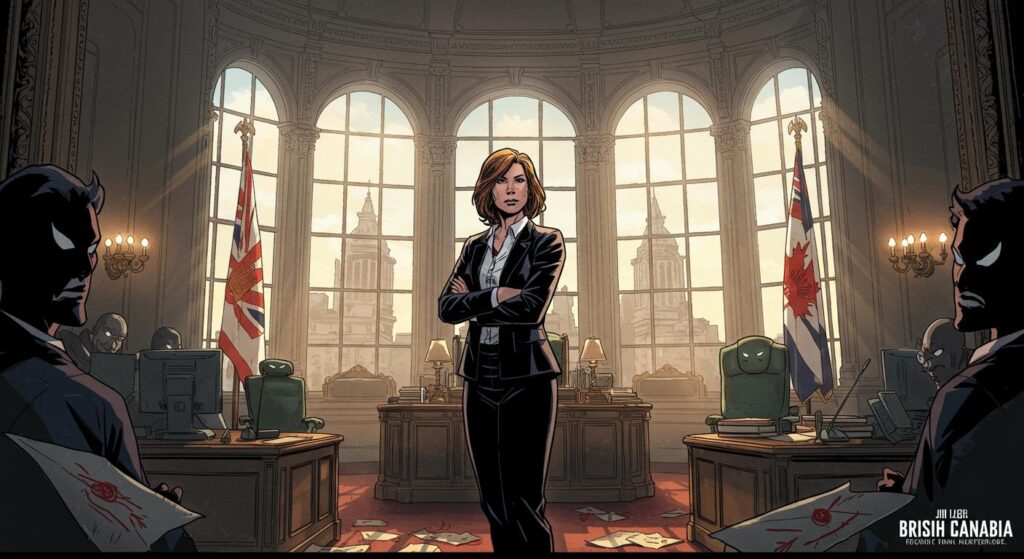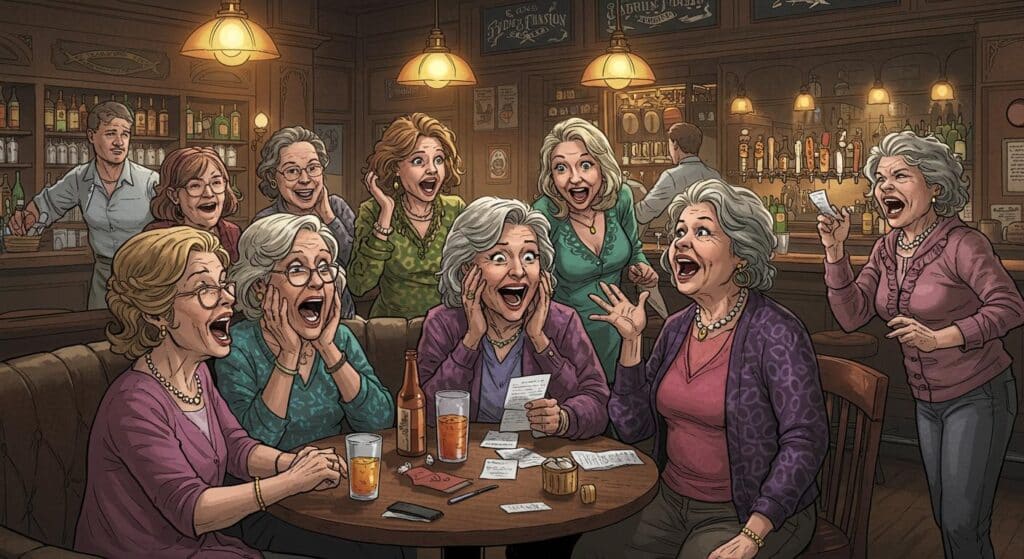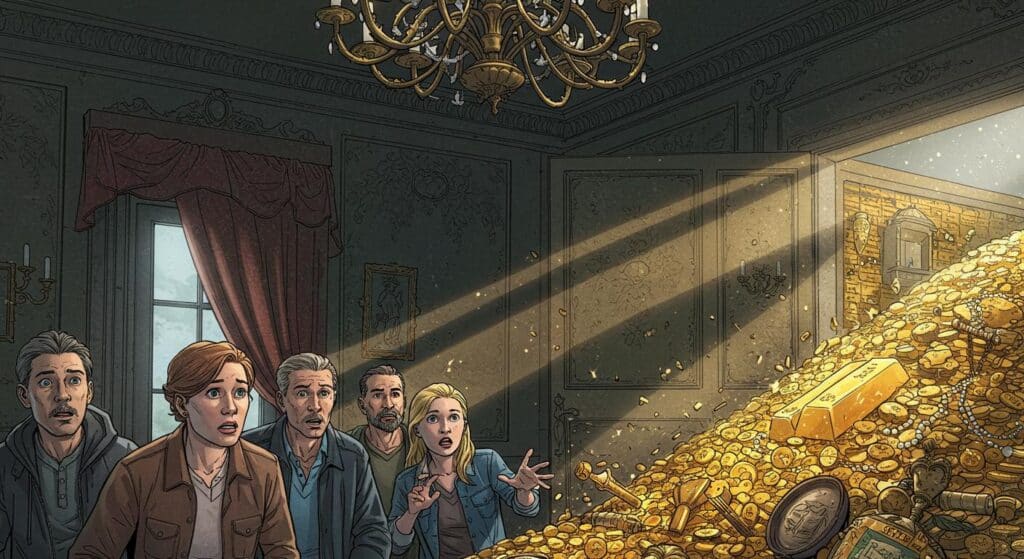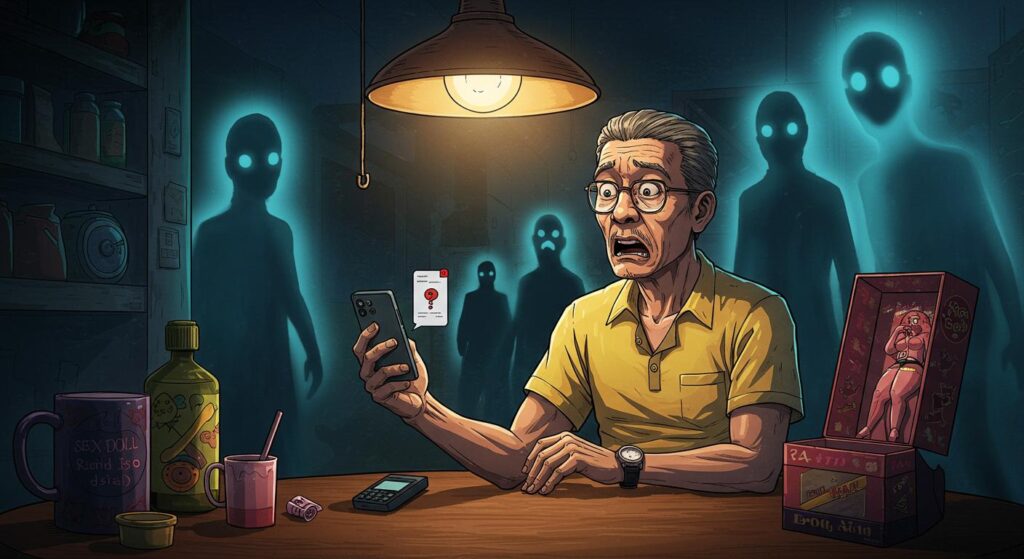In the ever-peculiar saga of human luck and fortune cookies, Kentucky’s Kathy Bailey has walked away with $50,000 after letting a slip of paper from a confectionery treat dictate her lottery choices. Yes, you read that right: numbers plucked from the back of her daughter’s fortune cookie ultimately resulted in a windfall and, perhaps, a new family legend for generations to come.
According to UPI’s Odd News desk, the Lexington resident decided, post-Chinese takeout, to try her luck on the Kentucky Lottery’s Powerball and a $5 spin on the Golden Snake Triple Play Instant Play game. In an act of thematic consistency that would make a novelist smile, she also chose the Fortune Cookie Bonus. “I almost always choose the Fortune Cookie Bonus,” Bailey admitted, as quoted by multiple reports. An innocuous click, a familiar digital chime, and suddenly her laptop was confirming her as a $50,000 winner.
The Numerical Alchemy of Snack Foods
As WLKY details, Bailey noticed her daughter’s fortune cookie lying on the table after a family meal. Deciding to use the numbers printed on the back, she bought a Powerball ticket and, sticking with a now fortuitous theme, selected the Fortune Cookie Bonus on her $5 wager in the Golden Snake Triple Play Instant Play game. Her routine approach to lottery—preferring whimsy and modest bets over grand designs—paid off. The odds of turning $5 into $50,000 on that game: 1 in 2 million. Bailey recounted that seeing the big “winner” flash across her laptop left her stunned, and she had to call her husband over to confirm the extraordinary digital message she was seeing.
FOX56 also notes that Bailey’s husband, initially incredulous, greeted the news with a befuddled, “What did you do now?” Once reality set in, an email from the Kentucky Lottery arrived to confirm the big win. According to the station, after taxes Bailey brought home $36,000—a far cry from the headline sum, but as she reportedly told lottery officials while leaving the lottery office, “Not bad for a $5 spin.”
Luck, Logic, and the Kitchen Table
Bailey doesn’t describe herself as a regular lottery devotee—“I occasionally play online,” she told lottery officials, as covered in WLKY’s reporting—but there’s something quietly relatable in her approach: playful rituals with no expectation, just a whisper of hope. Her plans for the money are as down-to-earth as her method. With household finances in order and her husband on the cusp of retirement this December, as the official statements recounted by both UPI and FOX56 reflect, the prize will be tucked away as a “nice addition to our savings.” Proof, if any was needed, that not all windfalls end up as convertible sports cars or regrettable purchases.
Is There Method in the Madness?
Seeing lottery wins traced to elevator buttons, sweater patterns, or, yes, snack food ephemera is a recurring theme in the annals of odd news. Yet there’s a particular delight in someone triumphing with a set of “lucky numbers” mass-produced by cookie-filling algorithms. As WLKY points out, the fantastical outcome is less evidence for the prescience of desserts and more a charming instance of randomness at play. What sticks is not Bailey’s expectation, but her reaction—a double-take, a call for outside confirmation, and a pragmatic plan for the future.
All things considered, it does prompt a wry kind of wonder: how many fortune cookie numbers are collecting dust in wallets and handbags, awaiting their improbable moment in the spotlight? Or, more curiously, do you remember the last “lucky numbers” you actually tested? Sometimes, against all odds, belief in the utterly arbitrary produces a result worth savoring.

